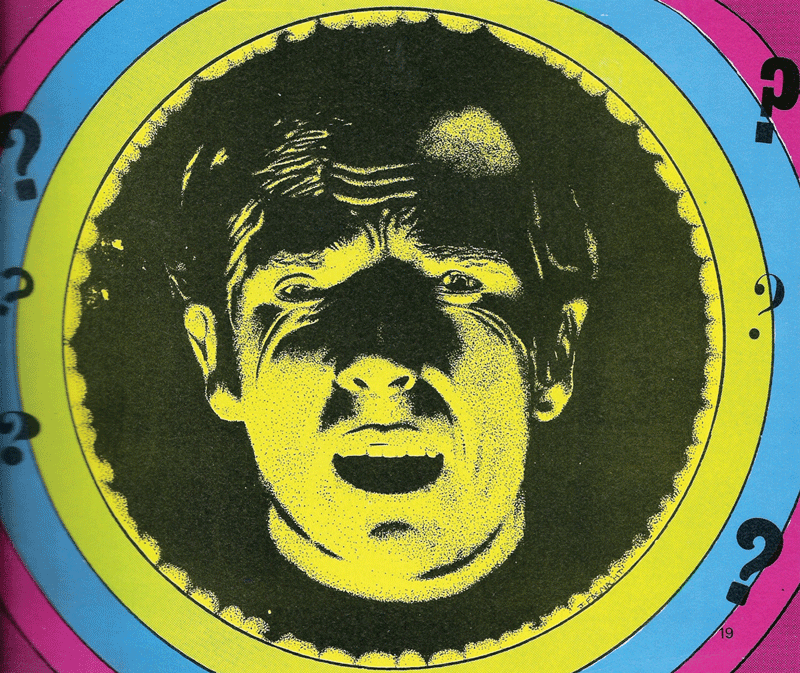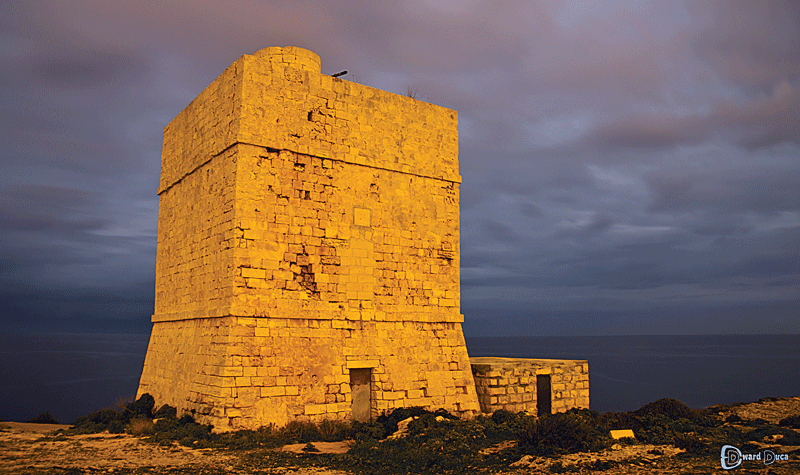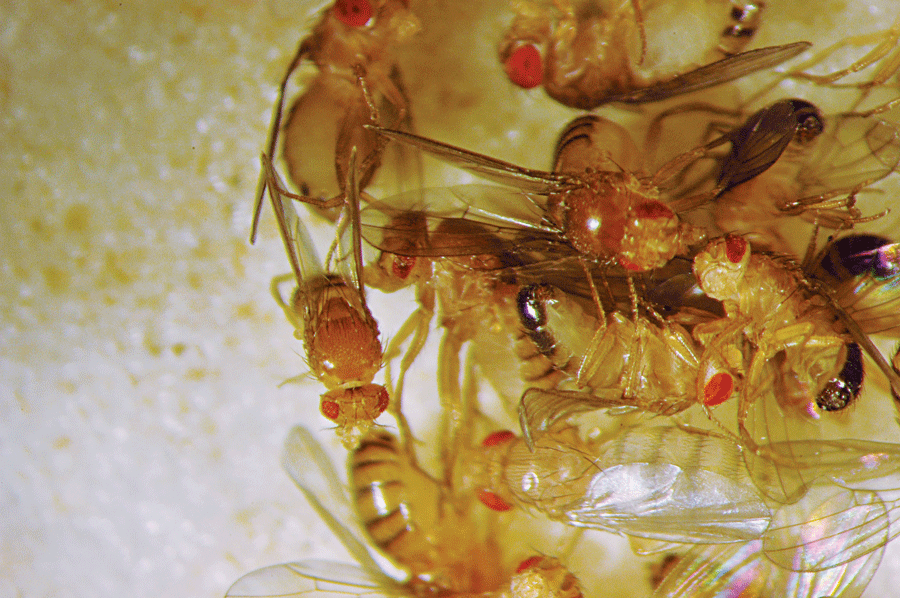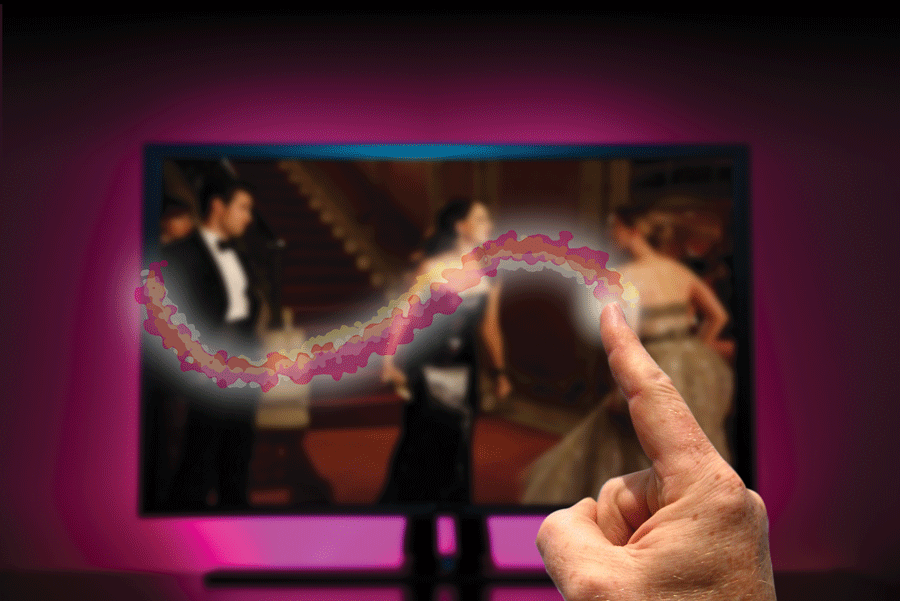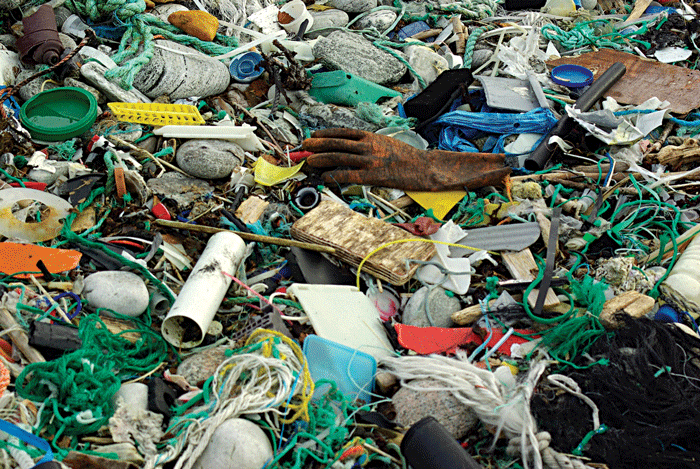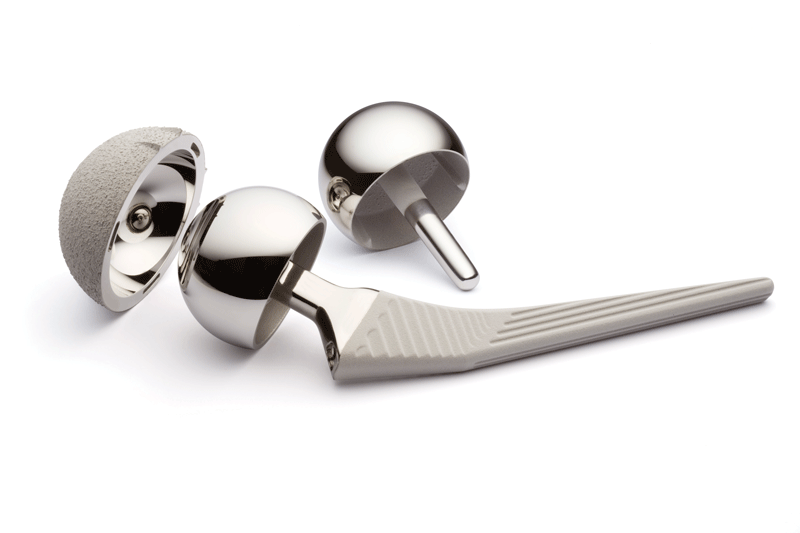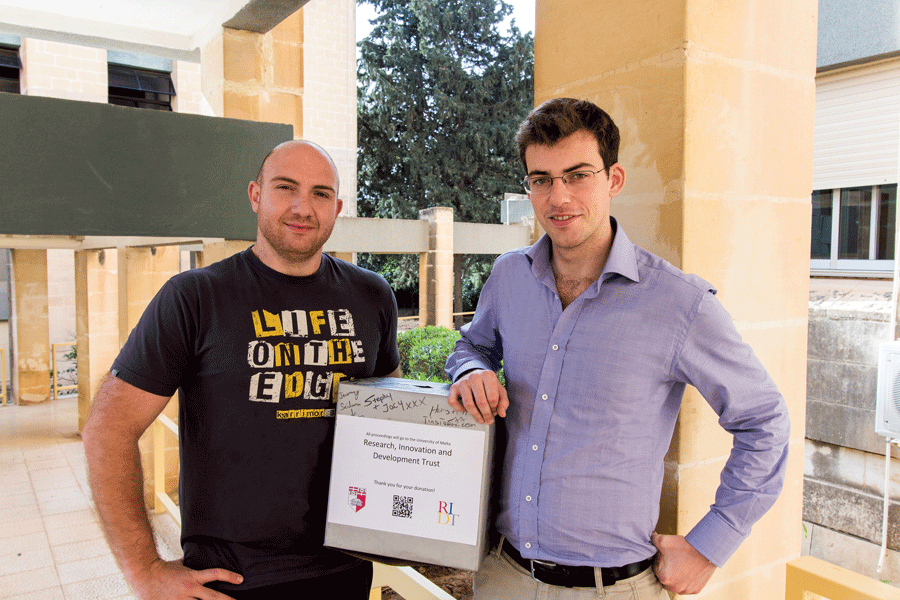Haven’t We Had Enough of Gender Stereotypes?
 An essay by linguist Deborah Cameron about gender misconceptions really hit home hard. It made me ask, why do we let gender role restrictions influence our identity. Continue reading
An essay by linguist Deborah Cameron about gender misconceptions really hit home hard. It made me ask, why do we let gender role restrictions influence our identity. Continue reading
Immortalising Heritage
Limestone is precious to Malta. The softness of the stone makes beautiful sculptures but also erodes quickly. Jessica Edwards caught up with Dr Daniel Vella and Prof. Emmanuel Sinagra to find out how limestone and Malta’s heritage can be protected.Continue reading
Haggis
 Haggis is the only game that I rate a round solid 10. I know, it’s probably not good review practice to give your opinion so clearly and obviously at the very beginning, but Haggis is a special game. It’s the only game that I voluntarily own two copies of, just in case something happens to my other one, or the cards just disintegrate after one too many plays. Haggis is that game. Continue reading
Haggis is the only game that I rate a round solid 10. I know, it’s probably not good review practice to give your opinion so clearly and obviously at the very beginning, but Haggis is a special game. It’s the only game that I voluntarily own two copies of, just in case something happens to my other one, or the cards just disintegrate after one too many plays. Haggis is that game. Continue reading
Succeeding by Failing
Luana Micallef tells us about her career starting from a young computer scientist at Microsoft and CERN to helping treating cancer.Continue reading
Brain Works
Ariana Gatt talks about pharma, fruit fly research, and Alzheimer’s and Parkinson’s disease.Continue reading
Controlling television with a gesture
Research by Sabrina Bilocca
Pollution around Malta’s Sea
Research by Nicolette FormosaContinue reading
Read my hips, for longer
Research by Josianne CassarContinue reading
Let us set a precedent
 A changing University greeted me when I returned to Malta four years ago. This culture of change has only snowballed as new institutes, centres, and facilities have opened up, backed by personnel that are pushing its research portfolio. To continue supporting this progress the Research Trust (RIDT) is launching a Staff Contribution Scheme as from January 2015.Continue reading
A changing University greeted me when I returned to Malta four years ago. This culture of change has only snowballed as new institutes, centres, and facilities have opened up, backed by personnel that are pushing its research portfolio. To continue supporting this progress the Research Trust (RIDT) is launching a Staff Contribution Scheme as from January 2015.Continue reading

